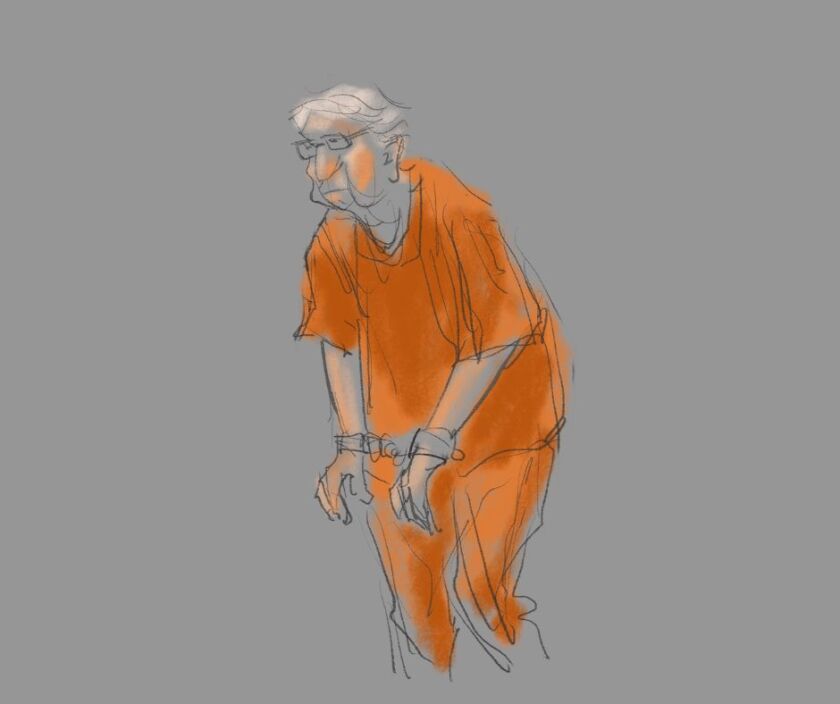BISMARCK — The North Dakota Senate passed a bill on Monday, April 14, to standardize state election laws, removing some power from home rule counties and cities in the state.
House Bill 1307 would cement the supersession of state election law over local election laws, including local election laws in home rule counties and cities. Home rule counties or cities have adopted a home rule charter that gives them additional liberties in how they structure their local government, and enact and enforce laws — at times even superseding state laws inside their jurisdiction.
Under the bill, any election law adopted by a county or city that is in conflict with state election laws would be void.
The exception to this would be the number of signatures required for a candidate to make it on the ballot, according to the bill’s carrier Sen. Jose Castaneda, R-Minot. Home rule cities would still be able to independently set the number of signatures required for a candidate to make it on the ballot for local elections.
Castaneda said the goal of the bill was to standardize election laws in the state so localities cannot adopt rules that might get rid of mail-in ballots or early voting.
The Senate added an amendment to ensure park district elections were covered by the bill.
The bill has received pushback from North Dakota home rule cities and counties.
Fargo Mayor Tim Mahoney submitted written testimony opposing the bill. He said creating election conformity across the state is a “laudable” goal, but an impractical one because of the various election procedures that North Dakota voters have already approved to “reflect the wishes” of home rule cities and counties.
The North Dakota Secretary of State’s Office has supported the bill. Officials submitted written testimony on the bill that said allowing cities and counties to adopt practices that may be in conflict with statewide election administration can create election integrity questions. This bill would prevent that.
ADVERTISEMENT
The bill previously passed the House with a 79-13 vote, received a unanimous recommendation to pass from the Senate State and Local Government Committee and passed the Senate in a 45-2 vote. It now goes back to the House of Representatives for a vote of concurrence before it can be passed on to the governor.

















